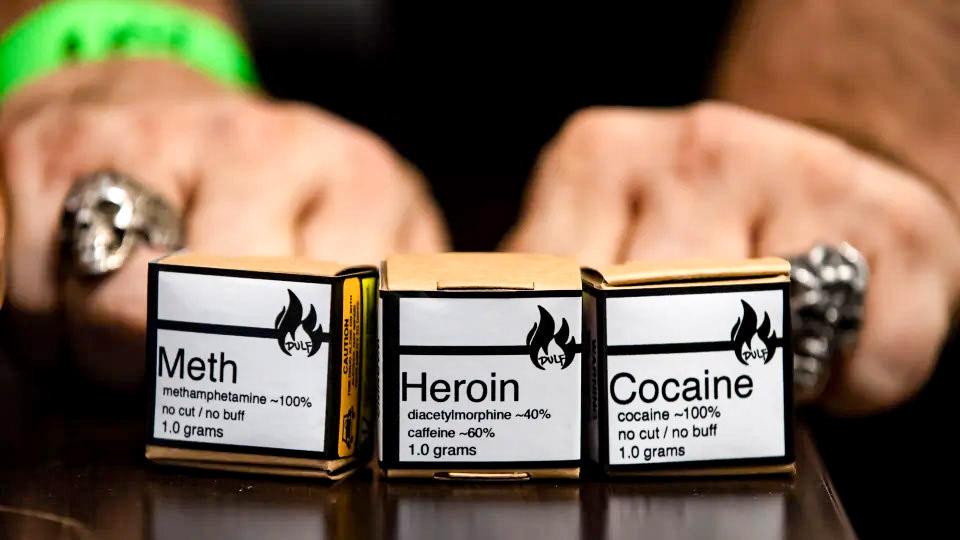Some “safer supply” program participants in London are using the drugs as “currency” to trade with criminals to obtain more dangerous drugs such as fentanyl, the Ontario city’s police chief told a House of Commons committee
“If they are engaged in the program and receive a supply of Dilaudid, that now acts as currency that they never had previously. And because they’re prescribed a quantity of hydromorphone, they now are able to obtain fentanyl,” London Police Chief Thai Truong said in testimony before the House Committee on Health on Nov. 26.





